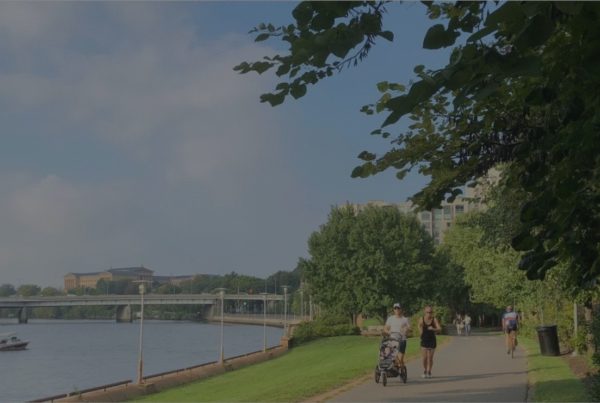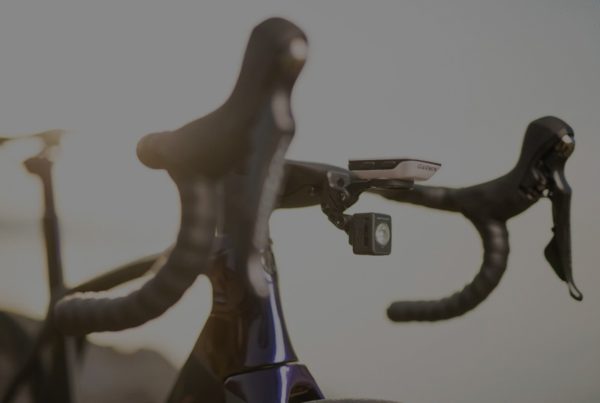Bob,
My question about the Shootout is that while the Tohono O’Odham deputy loves to enforce some tribal statute that I have never been able to find that requires single file riding, shouldn’t the Arizona statute that allows two abreast be the enforceable law?
Furthermore, I have found out that Tohono nation does not take any responsibility to maintain the roadway (Mission Rd); it doesn’t even have a road maintenance division. Only the Arizona county road crews will lay down some new pavement, and only when funds are available. Given all that, is the Tohono sheriff’s office in the right to insist on a single file?
Anonymous,
Tucson, Arizona
Dear Anon.,
Your question touches on an interesting area of law. In addition to federal, state and local governments, and their respective court systems, there is another system of law in the United States: Tribal law, with autonomous tribal governments writing and administering their own laws, and a tribal court system to hear cases.
Historically, Native American tribes have always been treated as nations by the United States government, with all of the rights of nations, with two exceptions. First, the tribes were only permitted to sell their land to the United States; this policy ensured that no European nation would gain a foothold in territory that the United States considered to be its manifest destiny to control. Second, the tribes were prohibited from entering into treaties with any nation other than the United States; this ensured that the tribes would be unable to form alliances against the United States as it encroached upon their lands. It is because of this historic status as nations—albeit nations with a lesser, limited sovereignty, in the unilateral view of the United States government, and that are subject to the control of Congress—that the tribes are considered to be, in the words of Chief Justice John Marshall “domestic dependent nations.”
Advertisement
As the tribes were forced to enter into treaties to sign over the rights to their lands, they typically received promises from the United States government in exchange for those lands. Those included commitments of money, supplies and other support. They were also granted hunting and fishing rights and a promise that they would have autonomy over their own affairs. This means that, for the most part, tribal governments have the authority to control and regulate their own lands and that their courts have jurisdiction over their members.
While from your perspective it may seem unfair that different rules apply on the reservation than those that are applicable in Tucson, from the tribal perspective, the autonomy they enjoy as a nation within a nation is just one of a host of promises they received in exchange for the lands they were forced to cede. Among other things, that autonomy means that tribal law preempts state law on tribal lands. Most state governments, therefore, have little sovereign authority over Native American tribes within the state’s boundaries. In the case of your question, it means that the tribal government sets the traffic rules within the reservation. Because the Tohono O’odham is an autonomous nation, those rules may be different from Arizona statute, and are enforceable by tribal police.
Think of it this way: Suppose your ride took you into Mexico, and suppose the traffic rules there are different from the traffic rules in Tucson. Would you expect to be able to tell the Mexican police that you’re following Arizona law, rather than Mexican law, even though you’re in Mexico? Of course not. Well, it’s a similar situation when you ride on the Tohono O’odham reservation. Of course, the analogy isn’t entirely accurate, because Mexico is a sovereign nation, and the Tohono O’odham is not fully sovereign, but it’s close enough to illustrate the point.
While legal jurisdiction can sometimes be a tangled web on tribal lands, one aspect of tribal sovereignty is absolutely clear: Tribes have sovereign power over their own internal affairs, and possess the civil authority over non-tribal members within tribal lands that is necessary to protect the interests of the tribe. While this authority includes the power to enforce tribal laws, or alternatively, to take non-tribal members into custody for transport to state law enforcement officers, tribal authority also includes the authority to exclude non-tribal members from tribal lands.
Therefore, your best approach to dealing with the traffic rules on the Tohono O’odham reservation will be to learn what the rules are (a good place to start is the Tohono O’odham nation’s website www.tonation-nsn.gov/ ), and observe those rules while riding on the reservation.
Finally, if Tucson-area cyclists are interested in defusing some of the tension, it would only help your cause if you work to establish more friendly relations between cyclists and the tribal government and police.
Bob
(Research and drafting provided by Rick Bernardi, J.D.)
I’d like to thank everybody who has contacted me to request my appearance at their event. I will be speaking as extensively on “Bicycling & the Law” this year as my practice will allow, and will make plans to appear before any club, bike shop, or other engagement that is interested in hosting me. If you would like me to appear to speak at your event or shop, or to your club or group, please drop me a line at bookbob2speak@gmail.com (and if you would like to contact me with a question or comment not related to my speaking tour, please drop me a line at mionskelaw@hotmail.com). I’m looking forward to meeting as many of my readers as possible this year.



